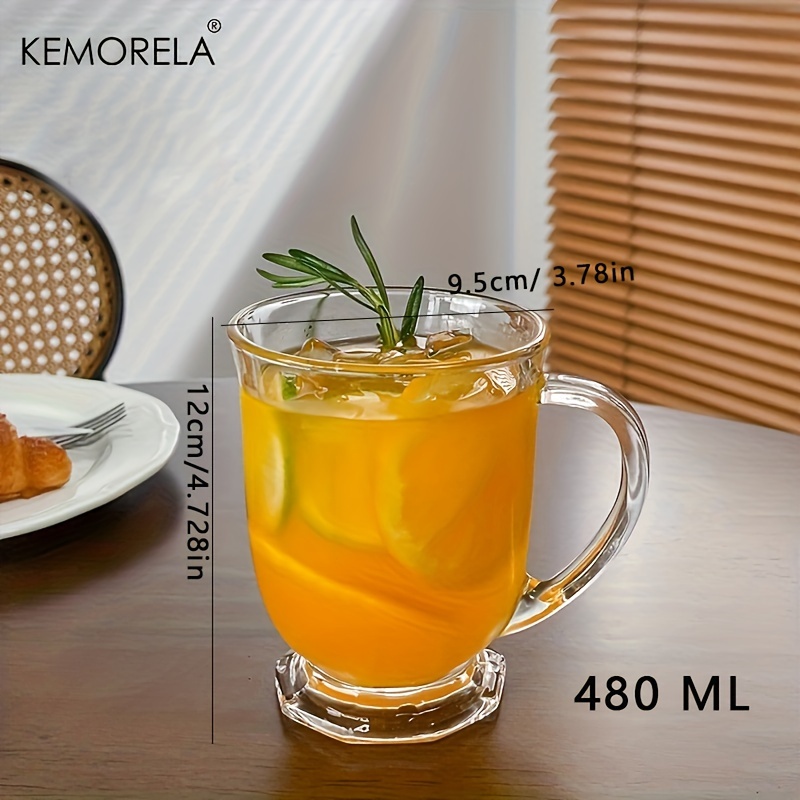In the vast landscape of skincare, the choice of sunscreen plays a pivotal role in safeguarding our skin from the sun's harmful rays. But navigating the sunscreen aisle can be overwhelming, especially when faced with the decision between physical and chemical sunscreens. If you have sensitive skin, this decision becomes even more crucial. Let's embark on a journey to unravel the mysteries of physical and chemical sunscreens, exploring their differences and determining which may be a better fit for those with sensitive skin.
*This post contains affiliate links.
Understanding Physical and Chemical Sunscreens:
Physical Sunscreens
Physical sunscreens, often referred to as mineral or inorganic sunscreens, work by creating a physical barrier on the skin's surface. The active ingredients in physical sunscreens, zinc oxide, and titanium dioxide, act like a shield, reflecting and scattering the sun's UV rays away from the skin.
Chemical Sunscreens
On the other hand, chemical sunscreens, also known as organic sunscreens, contain active ingredients like avobenzone, octocrylene, and oxybenzone. These ingredients absorb UV rays, converting them into heat, which is then released from the skin. One of the most popular chemical sunscreens is Beauty of Joseon - Relief Sun sunscreen. The Beauty of Joseon Relief Sun utilizes chemical filters or organic filters to absorb and dissipate UV radiation. These filters work by converting UV rays into heat, which is then released from the skin. Another great chemical sunscreen is JUMISO - Awe-Sun Airy-fit Daily Moisturizer with Sunscreen.
The Difference in Application
Physical Sunscreens
Applying physical sunscreen typically results in a noticeable layer on the skin. The product may feel thicker, and in some cases, users might experience a whitish cast on the skin. While advancements in formulation have reduced the white residue, this characteristic can be a consideration for those who prefer a more discreet application.
Chemical Sunscreens
Chemical sunscreens, on the other hand, tend to have a more lightweight and transparent feel. They are often easier to blend into the skin, making them an appealing choice for individuals who don't want the visible residue associated with physical sunscreens.
Which Is Better for Sensitive Skin?
Now, the million-dollar question: which type of sunscreen is better for sensitive skin? The answer lies in understanding the unique characteristics of both options and how they interact with sensitive skin types.
Physical Sunscreens for Sensitive Skin
1. Gentle on the Skin
- Physical sunscreens, with their mineral-based formulation, are generally considered gentler on the skin. They create a physical barrier that sits on the surface, making them less likely to cause irritation or allergic reactions.
2. Immediate Protection
- One notable advantage of physical sunscreens is that they provide immediate protection upon application. There's no need to wait for the sunscreen to be absorbed; it starts working as soon as it's on the skin.
3. Broad-Spectrum Coverage
- Physical sunscreens inherently offer broad-spectrum protection, shielding the skin from both UVA and UVB rays. This is crucial for preventing sun damage and premature aging.
Chemical Sunscreens for Sensitive Skin
1. Lightweight and Comfortable
- Chemical sunscreens are often praised for their lightweight texture, making them comfortable for everyday use. This can be particularly appealing for those with sensitive skin who may be averse to heavier formulations.
2. Ease of Application
- The easy application and blending of chemical sunscreens make them a convenient choice. They are less likely to leave a visible residue, addressing the aesthetic concerns of some users.
3. Compatibility with Other Products
- Chemical sunscreens tend to play well with other skincare and makeup products. If you have a comprehensive skincare routine, a chemical sunscreen may integrate seamlessly.
Making the Right Choice for Your Skin
1. Consider Your Skin Sensitivity
- Take stock of your skin's sensitivities. If you have a history of reactions to skincare products, physical sunscreens may be a safer bet. However, not all chemical sunscreens irritate, so it's essential to test products and observe your skin's response.
2. Look for Hypoallergenic Formulations
- Many sunscreen brands now offer hypoallergenic formulations designed specifically for sensitive skin. These formulations often exclude common allergens, reducing the likelihood of adverse reactions.
3. Patch Test New Products
- Before committing to a new sunscreen, conduct a patch test on a small area of your skin. This step can help you identify any potential adverse reactions before applying the product to larger areas.
In the eternal quest for healthy and protected skin, the choice between physical and chemical sunscreens boils down to personal preference, lifestyle, and skin sensitivities. For those with sensitive skin, physical sunscreens may offer a gentle and reliable option. However, advancements in chemical sunscreen formulations mean that they can also be suitable for individuals with sensitive skin, provided they choose products carefully and conduct patch tests.
Ultimately, the best sunscreen is the one you'll use consistently. Whether you opt for the comforting embrace of a physical sunscreen or the weightless allure of a chemical one, the key is to make sun protection a non-negotiable part of your daily skincare routine. As you embark on your sunscreen journey, armed with knowledge and a better understanding of your skin's needs, you'll be well on your way to achieving that coveted healthy and radiant glow.














Post a Comment